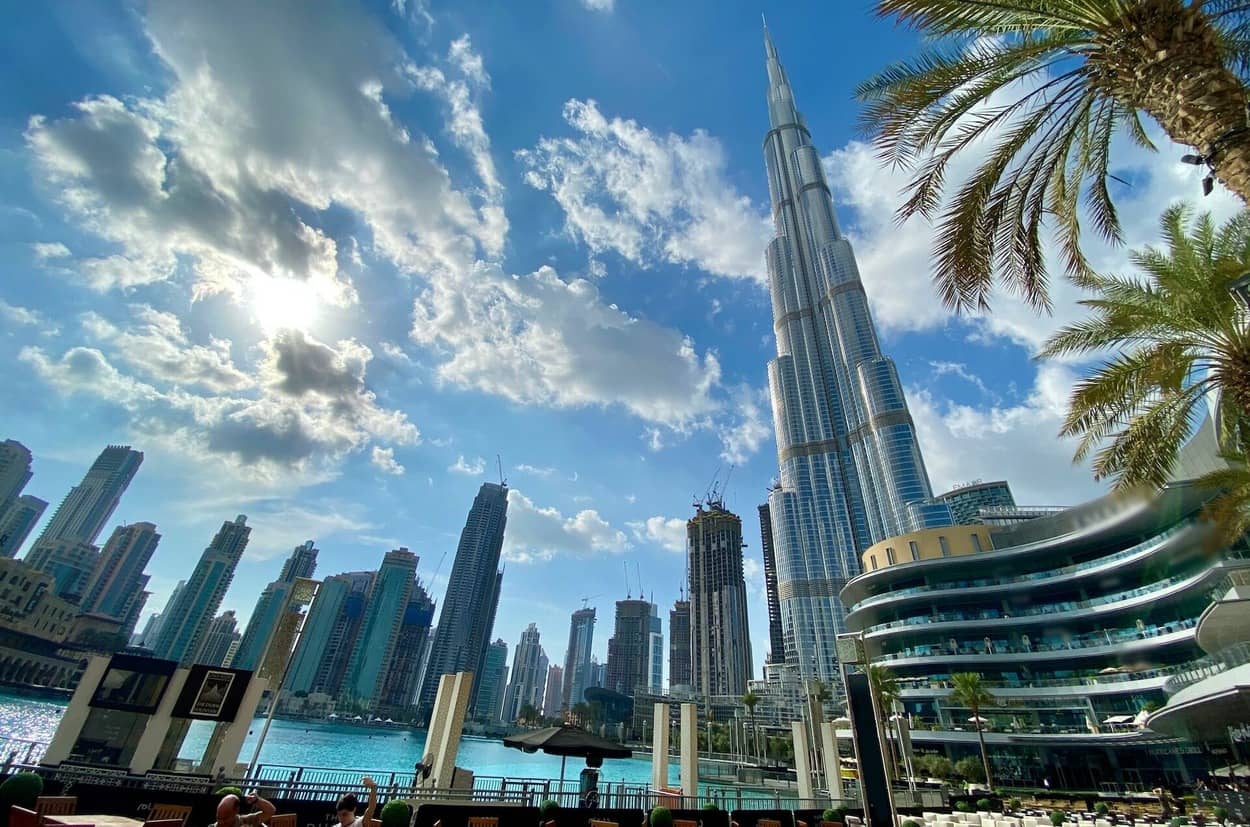UAE Receives $35 Billion in Crypto in 1 Year, according to Chainalysis. These and other figures appear in a report titled “Middle East and North Africa: Cryptocurrencies take hold as UAE leads the way in Promoting Regulatory Clarity.“
United Arab Emirates cryptocurrencies
The blockchain analytics platform found that institutional investments, which exceed an average of $1 million, accounted for more than 67% of transactions in the UAE between July 2022 and July 2023. After that, transactions linked to professional investments ranged from $10,000 to $1 million. Together with retail investments, they accounted for 4.63% of all transactions in the Emirates.
Although these figures represent a 17% decrease compared to the previous year, the crypto market in the area outperformed several countries in the region, such as Qatar, Oman, Jordan, and Lebanon. The influx of crypto transactions in the UAE is partly due to more trading activities related to Decentralized Finance (DeFi) protocols.
UAE, a state-of-the-art regulatory framework
UAE has become a global crypto hub thanks to the approval of innovation-friendly regulatory frameworks that enable the development of innovative crypto platforms. Such frameworks are attracting cryptocurrency enthusiasts and entrepreneurs to the region.
UAE regulators were early to the cryptocurrency ecosystem. Dubai, the most populous city, first created a blockchain strategy in 2016. Since that year, regulators have remained at the forefront of the industry. 2018, the Abu Dhabi Global Market (ADGM) created the world’s first cryptocurrency regulatory framework. Dubai established the Virtual Assets Regulatory Authority (VARA) in 2022. The United Arab Emirates approved more crypto regulations in early 2023. They were allowing local regulators flexibility and maintaining economic free zones to attract innovation in the area.
MENA’s sixth largest crypto-economy
The MENA Region (Middle East and North Africa) has the sixth-largest cryptoeconomy of all the regions surveyed by Chainalysis, with an estimated value of $389.8 million received between July 2022 and July 2023, representing 7.2% of the global transaction volume.
According to Chainalysis of the MENA region, the United Arab Emirates is the country where most crypto activity occurs on decentralized exchanges (48%), compared to 46% on centralized exchanges.
Tokenization of assets and remittances
Akos Erzse, Senior Manager of Public Policy at BitOasis, Dubai’s most popular cryptocurrency trading platform, showed enthusiasm for new and innovative crypto business models. Among them is asset tokenization. Tokenization platform TOKO recently acquired a license from VARA to provide these services in the Emirate.
Erase also referred to remittances as an essential use case for cryptocurrencies in the UAE and the region. “People are using cryptocurrencies to send money home, but it will be exciting to see what specific products emerge, taking advantage of the regulatory frameworks available,” he said.
It is essential for Emirates that India, the Philippines, and Pakistan appear in the top 10 of the Chainalysis adoption index, as these countries host many expatriates within the UAE. VARA standards have regulations that address the remittance use case.
The Chainalysis study concludes that countries in the MENA region adopt cryptocurrencies for various needs. In countries where there are unstable currencies and rising inflation, digital assets help safeguard wealth. At the same time, countries such as the United Arab Emirates are more likely to explore more cutting-edge, investment-focused uses.
Many crypto entrepreneurs, as well as bitcoin miners, want to do business in the UAE. In June, Gemini’s Winklevoss twins expressed interest in establishing a headquarters for the cryptocurrency exchange. Companies such as Bybit and Crypto.com already have offices in the UAE.

